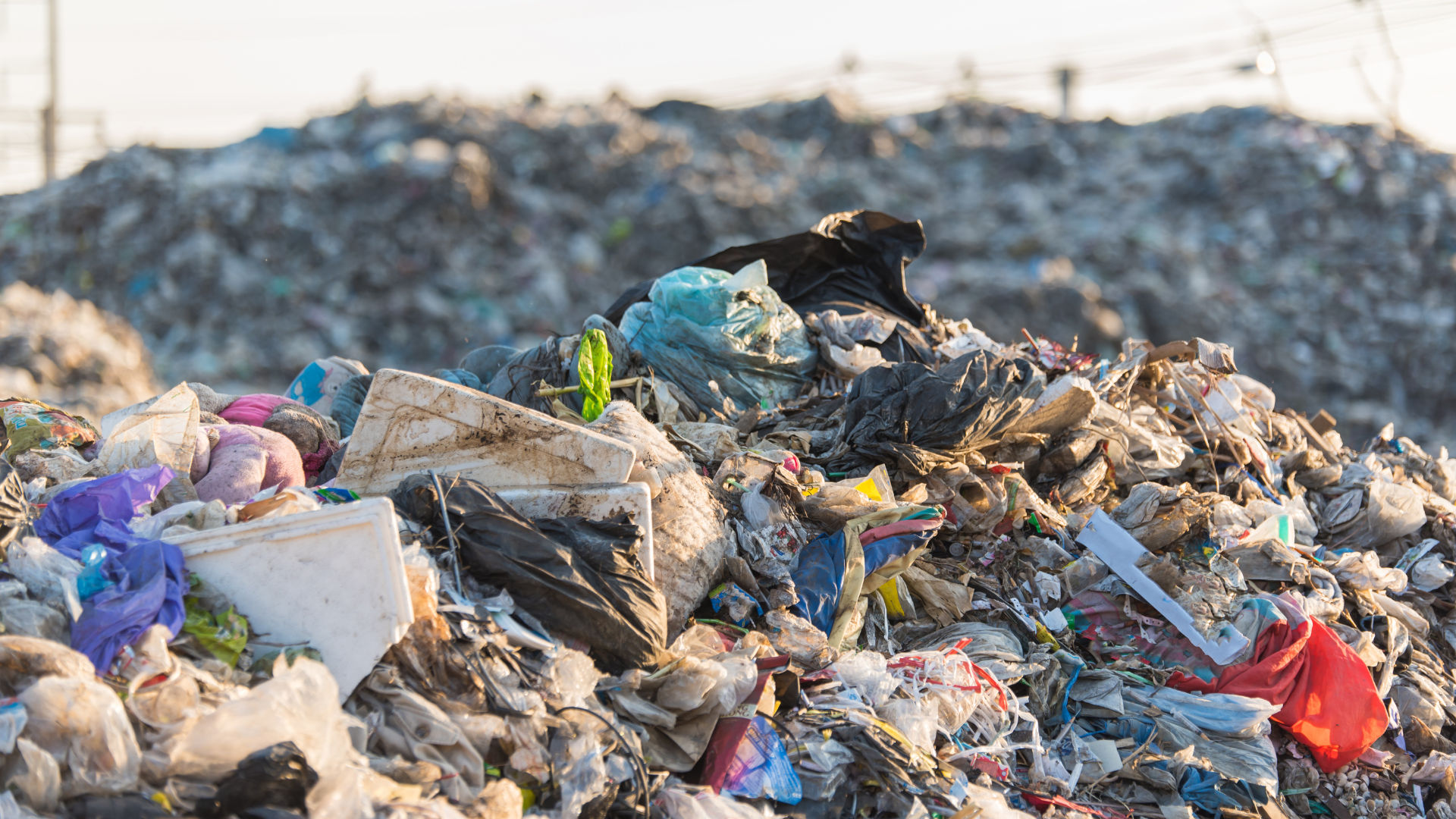What is commercial waste & how can it be managed?
What are the different types of commercial waste?
All businesses produce waste, so it is crucial that your organisation takes its consideration of the handling of commercial waste seriously. But what is 'commercial waste'? Simply put, commercial waste is any waste that comes from trade purposes or is produced through running a business. Any business has a duty of care to dispose of their waste responsibly, whether your industry is manufacturing or clerical, hospitality, healthcare or education.
Waste takes many forms, and it is important to understand the most common types of waste to better understand how they can be disposed of.
Plastic (bottles, packaging)
General waste
Hazardous waste (chemicals, batteries, even printer cartridges)
Glass (bottles, jars)
Paper and cardboard (documents, packaging)
Food waste
Metal
Managing your waste effectively has positive results for your business and the environment. Still more than that, it is a legal requirement to ensure that you have the relevant waste management processes in place with waste transfer notes to ensure that waste is being disposed of responsibly.
What is integrated waste management?
Integrated waste management is the process of combining various strategies to achieve both good waste management and waste reduction. Start by looking at the most favourable way to cut down on waste production and then at how to manage the most potentially damaging processes.
Reduction – cut down on the usage of products unnecessarily. Avoid overuse of consumables such as food or paper, for example.
Reuse – Where possible, reuse materials that do not need to be thrown away (shopping bags, jars etc.)
Recycle – Use recycling facilities to repurpose and reprocess material to divert them from landfill
Recovery – Waste to energy recovery from waste before disposal (bio-mass, RDF and incineration)
Disposal – the last resort. Usually, ending up in a landfill
By considering the processes behind Integrated Waste Management, we can start to look at how those practices can improve your company's impact on the environment and look at any efficiencies that good practice can provide.
How can good waste management impact my business?
It is an important business process to consider when planning the disposal of your commercial waste. Managing your waste streams effectively has many positive impacts for your business.
Employing effective waste management and disposal is cost-effective. Cost savings can be made by cutting back on the use of consumables and only purchasing what you need. This will also save you money on your disposal costs.
Cutting down our carbon footprint is something that is now at the forefront of the running of a business. Our responsibility to reduce our impact on the environment and minimise our contribution to the climate crisis is imperative, and all companies have a duty of care to take this into consideration.
Applying good waste management strategies across your business can also make your organisation more efficient. Time spent preparing nonessential items can be used more positively and create a leaner organisation.
Having a positive impact on the world around us results in a positive impression of your business. Customers and clients will look upon your company favourably if they see that you take your environmental impact seriously.
If waste is not disposed of responsibly, it can end up in landfill or being fly-tipped, which not only has a detrimental effect on the environment but is also illegal.

How to improve your waste management
The first and most important step of waste management is minimising waste. Educating your staff to cut down on the use of consumable items is a significant first step. Ask your teams whether changes can be made to reduce the amount of waste being created. For example, can you consider whether redesigning items can reduce waste in manufacturing environments? Or can off-cuts be reused elsewhere? Can packaging be changed to use less material? Also, are items being thrown away that can be reused or recycled?
Make sure that relevant waste is segregated to reduce the general waste your business creates. For example, you can provide separate bins for different materials, such as paper/cardboard and plastic. Then ensure that staff are aware that these bins are available and that they are being used correctly. This should also improve staff engagement, as many staff would like to know that they are working for an environmentally responsible company.
It is really important to employ the right waste management company to handle your commercial waste. We recommend that you ask to see your proposed waste management company's credentials to ensure that they have the correct certifications and that they comply with the necessary UK regulations. If not, this could negatively impact your business and end up costing you money in the long run.
A good waste management company will be able to review your current practices and advise you on where you can make improvements. These recommendations could also lead to cost savings.
Wastege can help you.
If you need advice on the disposal of your commercial waste, our specialist waste consultants are on hand to discuss your requirements and answer any questions you may have. We provide expert waste collection and disposal services across the UK.
Get in touch with the Wastege team today to find out how we can help or get a quote to suit your budget.